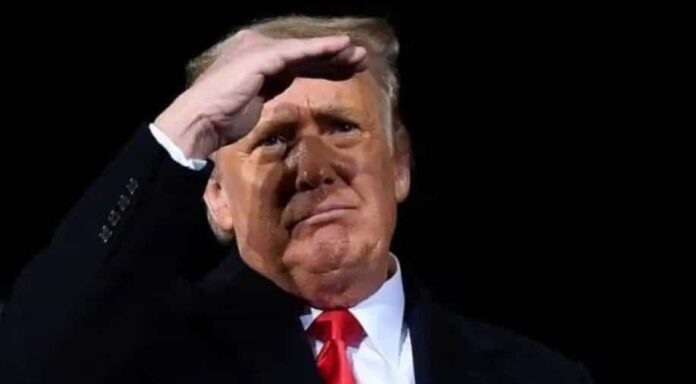| Translate This News In |
|---|
The warrant and supporting records, which were unsealed by a judge on Friday (August 12), revealed that FBI investigators recovered various documents, including ones marked “top secret,” during their search of former President Donald Trump’s Florida resort.
The US Justice Department announced that it had probable grounds to think he violated the Espionage Act.
The search warrant and property receipt from Trump’s Mar-a-Lago resort in Palm Beach were unsealed earlier this week by the United States District Court for the Southern District of Florida.
What exactly is the probe about?
The FBI is investigating the former US president for alleged misuse of secret papers. When Trump stated on August 8 that the FBI had raided his house, the probe advanced quickly.
During the unusual search, officials retrieved boxes containing critical documents from the property. It was the first time in American history that a former president’s residence was searched as part of a criminal inquiry.
The investigation is related to the records that Trump reportedly stole from the White House after his presidency ended in January 2021.
The National Archives and Records Administration (NARA) recovered 15 boxes of presidential records from Mar-a-Lago earlier this year.
What did the search warrant turn up?
The warrant for the raid was made public on August 12. According to the US Justice Department, the FBI operatives removed a total of 11 sets of sensitive documents, including the “top secret” ones.
The unsealed seven-page federal court filing noted that, in addition to certain records labelled “top secret,” there were papers “meant to be only available in special government facilities.”
The search warrant also showed that the FBI investigators took more than 30 things, including more than 20 boxes, photo binders, a handwritten note, and Trump’s ally and longtime adviser Roger Stone’s executive grant of clemency. The list also contained previously unknown details about the “President of France.”
What can we glean from the ‘top secret’ document?
In the United States, the highest level of classification is “top secret.” It is essentially reserved for the country’s most closely guarded national security material. It is understood that the release of such materials might have serious consequences for national security.
Who authorised the search?
Attorney General Merrick Garland, the country’s top law enforcement officer, stated that he “personally approved” the raid on Trump’s house. He was the only one who announced the exceedingly uncommon decision to unseal the search warrant.
What exactly is the Espionage Act?
The Justice Department stated in its warrant application to US Magistrate Judge Bruce Reinhart that it had probable cause to suspect Trump violated the Espionage Act.
It is a federal statute that makes it illegal to possess or transmit national defence information.


















